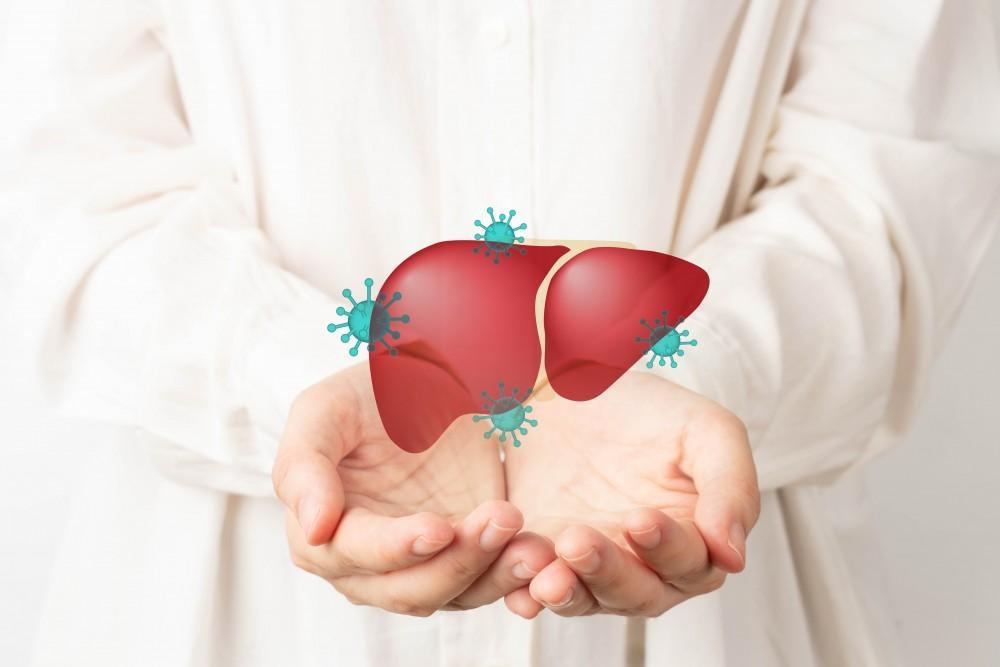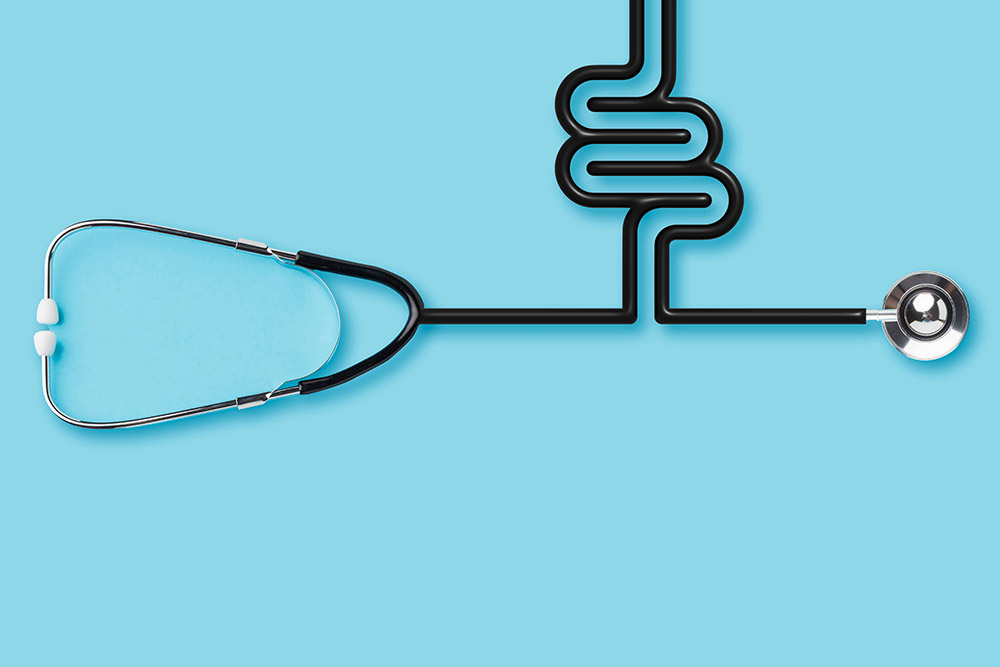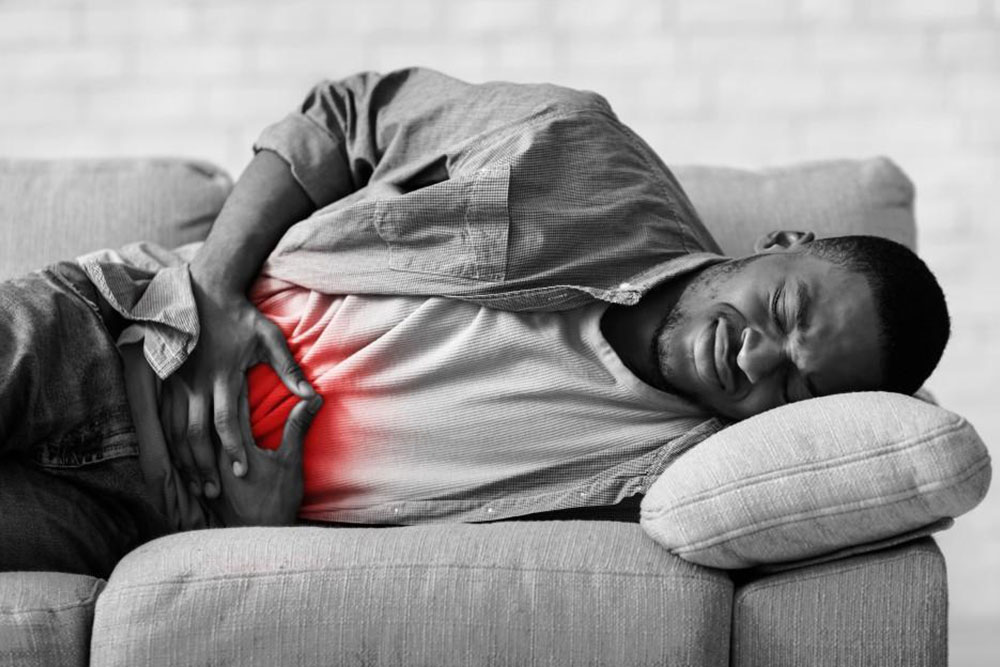What Is Budd-Chiari Syndrome?
Budd-Chiari syndrome is a rare liver disorder caused by obstruction of the hepatic veins, which carry blood out of the liver. This blockage-often due to blood clots or congenital vein abnormalities'leads to increased liver pressure, fluid buildup (ascites), and, if untreated, progressive liver damage.
Common Causes and Risk Factors
- Blood?clotting disorders (e.g., myeloproliferative diseases)
- Hormonal factors (pregnancy, oral contraceptive use)
- Cancer or chronic infections
- Genetic malformations of hepatic veins
- Severe dehydration or abdominal trauma
Signs and Symptoms
- Pain or pressure in the upper right abdomen
- Swelling in the legs, ankles or abdomen (ascites)
- Rapid weight gain from fluid retention
- Jaundice (yellowing of skin and eyes)
- Fatigue, nausea or loss of appetite
How Dr. Rishi Diagnoses Budd-Chiari Syndrome?
Dr. Chadha uses a step-by-step approach:
Medical History & Exam
He reviews your symptoms, past medical history, and risk factors for clotting or venous anomalies.
Blood Tests
We assess liver function panels and coagulation profiles to identify underlying disorders.
Imaging Tests
- Ultrasound with Doppler : Evaluates blood flow in the hepatic veins and detects obstructions.
- CT or MRI scans : Provide detailed cross-sectional images of liver vasculature and tissue.
Venography or Biopsy (if needed)
Venography confirms vein blockages and a biopsy can gauge the extent of liver injury.
Frequently Asked Questions
What is Budd-Chiari Syndrome?
Budd-Chiari Syndrome is a rare liver condition where the veins that carry blood out of the liver become narrowed or blocked. Dr. Rishi Chadha helps diagnose and treat this condition at GastroDoxs in Houston.
What causes Budd-Chiari Syndrome?
The condition is often caused by blood clotting disorders, tumors, or certain diseases. Dr. Chadha evaluates risk factors like polycythemia vera, cancer, or autoimmune conditions during your visit.
What are the symptoms of Budd-Chiari Syndrome?
Common symptoms include abdominal pain, swelling (ascites), liver enlargement, and jaundice. Dr. Rishi Chadha performs advanced imaging and blood tests to confirm the diagnosis.
How does Dr. Chadha diagnose Budd-Chiari Syndrome?
Diagnosis typically involves liver function tests, Doppler ultrasound, CT scan, or MRI. Dr. Chadha may also recommend a liver biopsy if needed.
Can Budd-Chiari Syndrome be treated?
Yes. Dr. Chadha offers treatments that may include medications to dissolve clots, procedures to open blocked veins, and managing underlying conditions like clotting disorders.
What procedures are used for treatment?
Dr. Rishi Chadha may recommend angioplasty, stent placement, or a TIPS (transjugular intrahepatic portosystemic shunt) procedure to improve blood flow through the liver.
Is Budd-Chiari Syndrome life-threatening?
If left untreated, it can cause serious complications like liver failure. Early diagnosis and expert care from Dr. Chadha greatly improve outcomes.
Does GastroDoxs provide long-term monitoring?
Yes. Dr. Chadha and his team provide regular follow-ups, imaging, and lab testing to ensure stable liver function and prevent complications.
Can I live a normal life with Budd-Chiari Syndrome?
Many patients lead active lives with proper treatment. Dr. Chadha helps manage the condition through medication, diet, and routine care plans.
How do I schedule a consultation with Dr. Chadha?
You can book an appointment by calling GastroDoxs in Houston or visiting our website. Dr. Rishi Chadha is ready to help you take charge of your liver health.











